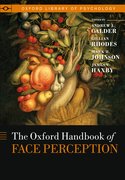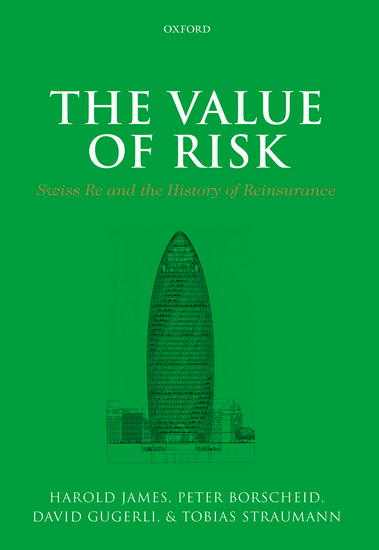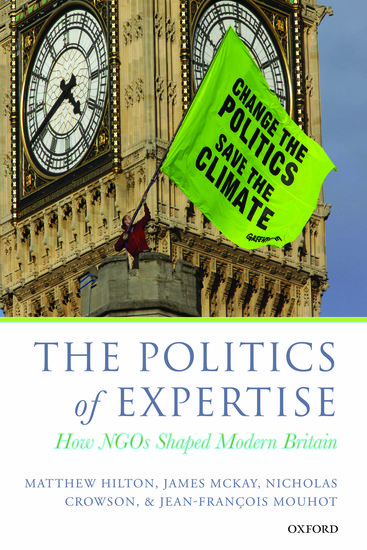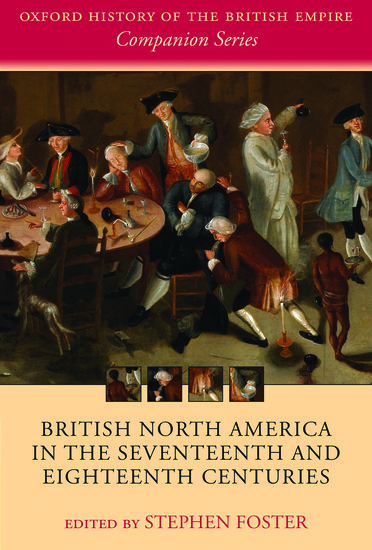Kitty Genovese and the bystander effect: 50 years on
By Alfred Mele
A famous experiment on the behavior of bystanders was inspired by an electrifying episode in New York City in 1964 when Kitty Genovese was stabbed to death in the middle of a street. According to newspaper reports, although many people witnessed the early morning attack from their apartment windows when they heard screams, no one tried to stop the assault, and no one even called the police.







